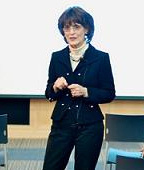
By Monica Land
PHILADELPHIA, Ms. – Award-winning producer Joan Sadoff, of “Standing on My Sister’s Shoulders” is the first to admit that she didn’t march during the civil rights movement. She didn’t know Martin Luther King or Rosa Parks and she never worked with Medgar Evers or Fannie Lou Hamer. But what she has is a passion for the struggle and the determination that the people who lived and died for that cause shall never be forgotten.
Sadoff will be the keynote speaker at the second annual National Conference on Civil Rights being held in Philadelphia this week. The conference began on June 17 and will end on June 19.
Sadoff will speak on Monday, June 18.
This year’s theme is “Rise, Advocate, Educate and Cooperate: The Unfinished Business of the Civil Rights Movement,” and it will be held at the Pearl River Resort Hotel. Other conference speakers include: Jerry Mitchell, an investigative reporter with the Clarion-Ledger; Fred Clark, community activist and Freedom Rider and Alice Tisdale, publisher of the Jackson Advocate Newspaper.
The conference was organized by Philadelphia’s first black mayor James Young; Cheri M. Barry, the first female mayor of Meridian, Melody Light of Tougaloo College; Dr. Stephen Middleton, Dr. Keith Parker and several others who make up the planning committee.
Parker, a Mississippi native and currently a professor of sociology at the University of Georgia, said the conference will include presentations and information-packed sessions designed to bring attention to today’s civil rights efforts and activities, as well as to offer service-learning training to teachers, principals and other educational leaders.
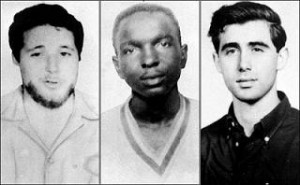
The conference will coincide with the annual Mississippi Civil Rights Memorial Service honoring the memory of the three civil rights workers murdered in Philadelphia in June 1964: James Earl Chaney, Andrew Goodman and Michael Schwerner.
Sadoff was invited to speak at the conference because her first film documentary, “Philadelphia, Mississippi: Untold Stories”, portrayed the impact the civil rights movement and the deaths of Schwerner, Goodman and Chaney had on the townspeople of Philadelphia.
“At the time, around 1992, there were about 6,000 people living there and people didn’t move away. The population was very stable,” Sadoff said. “But the town had a bad association. People knew something bad happened there…so I decided it was an interesting place and I wanted to know what people did prior to the civil rights movement and what happened after.”
Sadoff and her husband, Robert, began their research and their finished product earned them a Bronze Award from the National Education Media Competition.
The Sadoff’s second documentary film, “Standing on My Sister’s Shoulders,” highlighted the women of the civil rights movement, and their latest project, the book, “Pieces From The Past: Voices of Heroic Women in Civil Rights” tells the story of those women through the eyes of their relatives, friends and others close to the movement.
Sadoff said she hopes her participation in this week’s conference will move others to investigate their history and pass that legacy on to their children.
“One thing I’ve noticed today is that young people, generally speaking, don’t know their history,” Sadoff said. “At the civil rights veteran’s conference, one of the issues that came up is that all of these veterans are getting older and their concern is who’s going to carry the torch? So, I’m going to focus on storytelling at the conference.
“I think it’s very similar with Holocaust survivors that don’t want to tell their kids what happened to them because they don’t want them to know that pain. They want them to have a clean slate,” she said. “And I believe African Americans are the same way. They don’t want to pass that pain on. But I believe in not telling your children – you don’t teach them how to survive. You don’t teach them how to be responsible and how to stand up.”
Sadoff said learning from the past can enable younger generations to face challenging situations and discover resources they never knew they had.
“Tell them the stories and let them decide what they want to do with that information,” she said. “It will give them a sense of pride. For those actually involved in the civil rights movement, they made a difference in the world. They stood up for what they believed. It was tough and some didn’t live through it. But for them, it was a worthwhile sacrifice.”

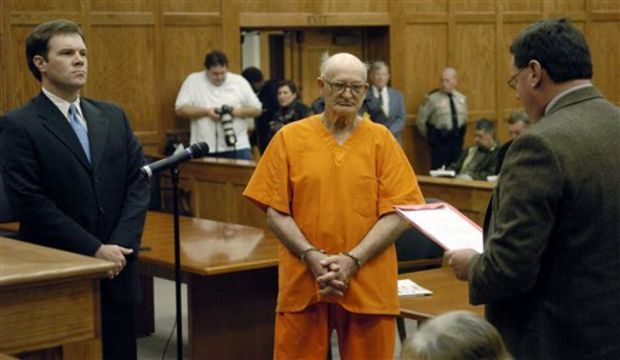
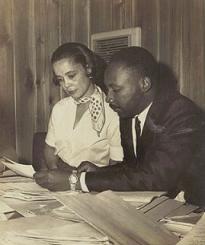
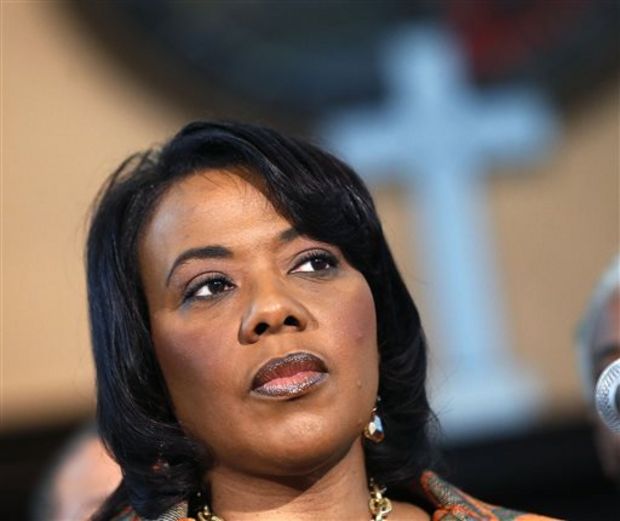
Be the first to comment